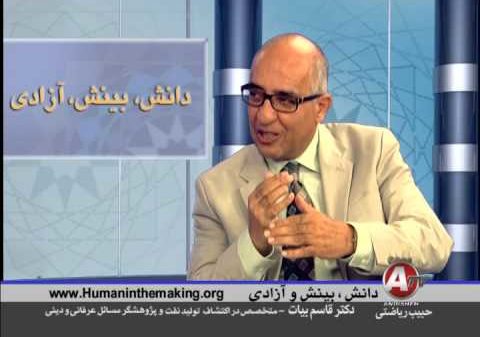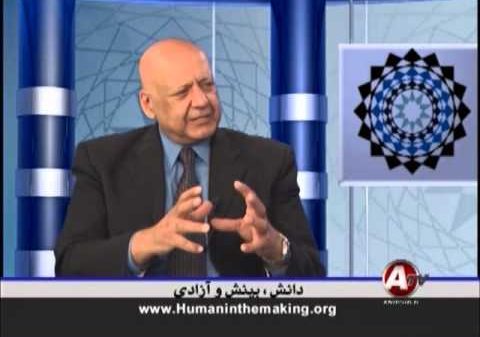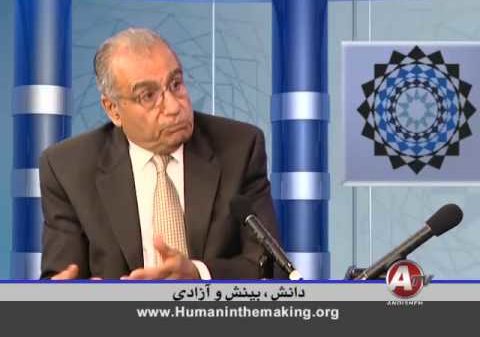

1) is morality influenced by biological, cultural or religious factors?
آیا اخلاق تحت تاثیر عوامل فرهنگی و ارثی شکل میگیرد؟
2) Is morality a relative concept determined by context or is an absolute independent of situation or a person?
آیا موارد اخلاقی نسبی هستند یا مطلق؟
3) Are there some universal codes of morality and ethics?
آیا موازین اخلاقی جهانی یا عمومی وجود دارند؟
4) what are the three stage in which a moral acts can be viewed? pre-conventional, conventional and post conventional!- considering Lawrence Kohlberg’s stages of moral development.
مراحل سه گانه اعمال اخلاقی.
5) Should the principle of Reward and Punishments be the bases for our moral actions? Or should we do the right thing solely based on our intrinsic will to do good and not based on personal interest or reward we will be awarded or to avoid punishments if we not do it?
آیا اعمالی که بر اساس پاداش انجام و یا بخاطر مجازات انجام نمی شوند اخلاقیند یا اعمالی که بر اساس عشق و اراده و بجهت خیر عمومی انجام میشوند؟
6) Can any act be considered Moral if it is done for the sake of going to heaven and not going to hell? how can an act based on a self-interest be considered Moral?
ایا یک عمل که بخاطر رفتن به بهشت و یا ترس از جهنم انجام میشود اخلاقی است؟
7) Are we born with some genetic codes of Morality that act as an grand archetype that guides us in our decision making? or we are born as a white sheet of paper ( blank slate) as John Locke suggested and we develop Moral codes based on Cultural, Religious, childhood experiences, and other factors?
آیا هر انسانی با یک سری از موازین اخلاقی خلق میگردد یا آنکه بصورت تدریجی براساس قوانین محیطی اعم از سیاسی، فرهنگی و یا مذهبی اصول اخلاقی شکل میگیرند؟
8)Can humankind develop a universal codes of Ethics or Moral Principles?
آیا جامعه بشری قادر است که یک اصول اخلاقی ورای فرهنگ و سنت خاصی ایجاد نماید؟
9) should not Moral act go beyond Good and Evil as Friedrich Nietzsche stated in his work “ beyond Good and Evil”?
آیا موازین اخلاقی ورای خوب و بد نباید باشند ؟
10) should we believe is Metaphysical Principles of Morals as Immanuel Kant was suggesting in his groundbreaking work “ the metaphysical Principles of Morals” ?
آیا موازین اخلاقی باید از یک منبع غیر مادی و. ماورای الطبیعه صادر شوند؟
11) Does Psychological factors impacts one’s view of Moral acts?
آیا موارد روانی و اختلالات شخصیتی یک فرد تاثیر گذار بر نحوه نگاهش به اعمال اخلاقی و یا غیر اخلاقی نمی باشد ؟
12) could generational factors influence what we as an individual or society consider moral?
آیا موارد فرهنگی و سنتی که در طول نسلهای متوالی ایجاد شده اند در اخلاقیت یک فرد تاثیر گذار است؟
13) can we consider Social Contracts bin every society to be the bases of what is Ethical act ( right or wrong) as Jean-Jacques Rousseau suggested in his work: “ Social Contract”?
آیا قرادادهای اجتماعی میزان سنجش یک عمل اخلاقی را در فرد ایجاد مینمایند؟
14) can we consider a moral act to be that which benefits Humankind as a whole independent of race, gender or ethnicity?
آیا میتوان گفت عمل اخلاقی آنست که نفعش به جمیع اهل عالم برسد و به جنس ، رنگ، نژاد و سایر موارد صوری و خصوصیات ظاهری توجهی ندارد؟
15) could we state Ethical acts are shaped by knowledge, will and intention of an individual as well as the universal laws & principles that are intrinsically objective and ensure the Unity & Diversity of Humanity?
آیا عرفان، دانش، بینش ، نیت و اراده آزاد انسانها و قوانین کلی و عمومی که وحدت در کثرت را در نظر میگرد ضوابط بهتری را برای یک مفهوم جامع تری را از یک عمل اخلاقی ایجاد میکنند؟
16) The role of a True Religion and science in the development of morality!
نقش علم و دین حقیقی در اخلاق.
17) the consideration of Relativity Principle as well as Quantum in moving towards global ethics!
نقش دو اصل نسبیت و کوانتوم در نحوه ایجاد یک عمل اخلاقی
دکتر سهیلا حسینی
روانشناس






